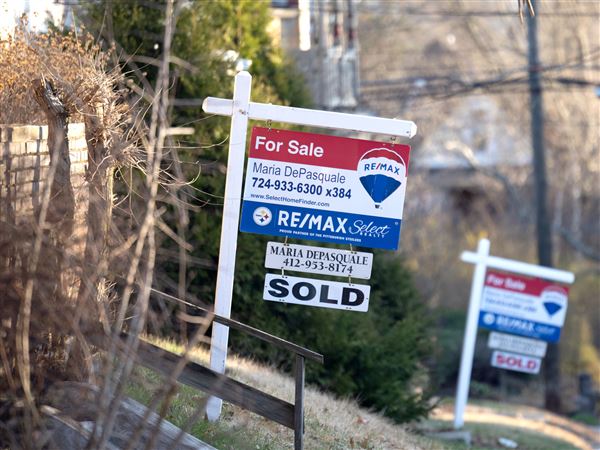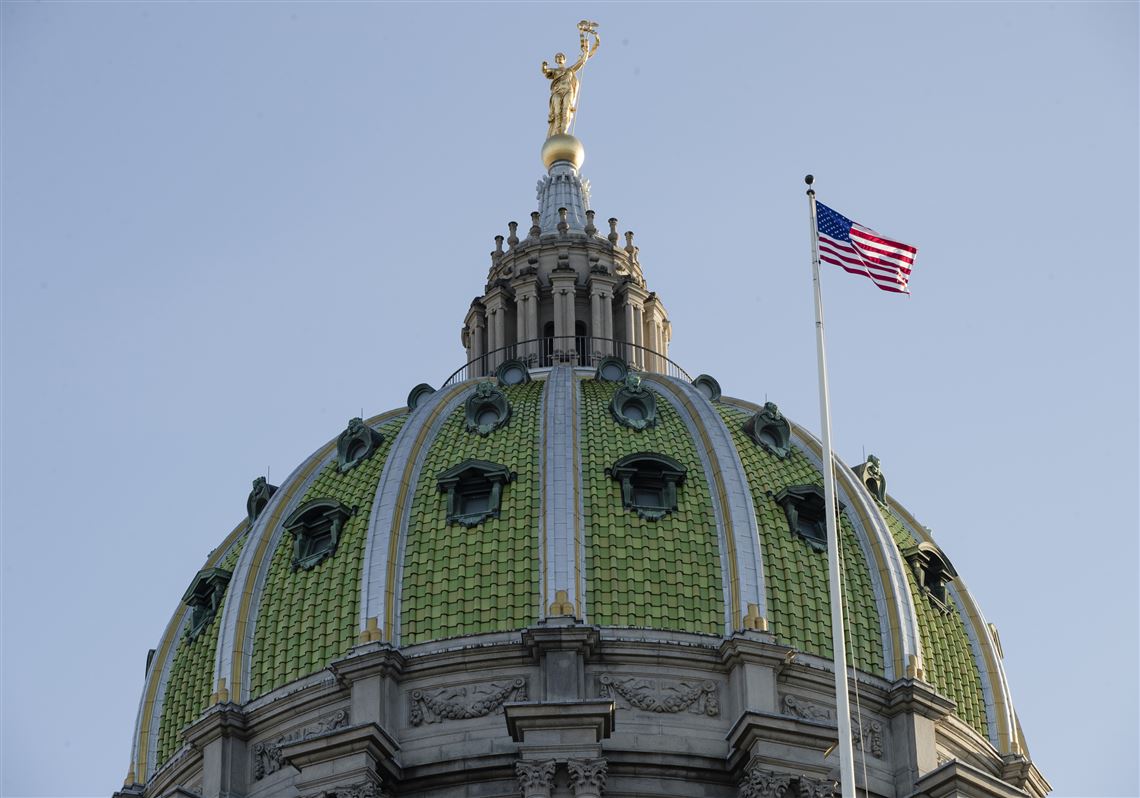State lawmakers and Gov. Tom Wolf teamed up last year to rid Pennsylvania of a useless and counterproductive remnant of the war on drugs.
They need to finish the job and restore for thousands of people their driver’s licenses, which remain suspended for offenses unrelated to their actions behind the wheel.
Thanks to a law passed in October 2018, as of April 23, certain nondriving offenses could no longer be penalized by a license suspension in Pennsylvania.
The policy of suspending licenses for such crimes dates to a 1996 regulation under which the U.S. Department of Transportation withheld 8% of a state’s highway funding if it did not add a six-month license suspension to any penalties already being faced by drug offenders.
States could get around the funding penalty only if their governor and legislature agreed to tell the federal government they opposed the license suspension policy. Pennsylvania effectively did that with the passage of Act 95 last year.
In support of the bill that made the change, the Pennsylvania Department of Transportation took the correct position: “Driving privilege suspensions should be imposed only as a consequence for traffic violations and actions that threaten traffic safety.”
It also acknowledged that suspensions for other reasons serve only to harm people’s ability to pursue productive lives.
That’s the sensible way to look at it. Depriving someone of a driver’s license for a nondriving-related drug offense after they’ve served their time adds a penalty that works against the point of what we call the “corrections” system in Pennsylvania.
There are enough barriers to getting a job post-incarceration without preventing someone from actually getting to work.
A coalition of 51 public officials, activists, government employees and religious and business leaders, including Allegheny County District Attorney Stephen A. Zappala Jr. and top public defender Matt Dugan, signed a recent letter urging Mr. Wolf to issue an executive order that would repeal nondriving license suspensions retroactively.
The letter, put out by Equal Justice Under Law, says that thousands now are serving suspensions they would not face under Act 95 and that many of them will be without a driver’s license into 2026.
The governor’s office does not believe the law allows him to make this sensible reform retroactive. Lawmakers should give him a bill that gets the job done and puts former offenders back behind the wheel of their lives.
First Published: December 12, 2019, 11:00 a.m.
















